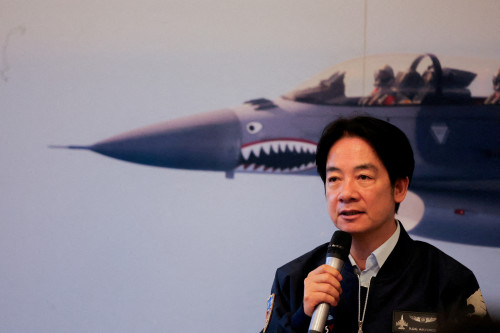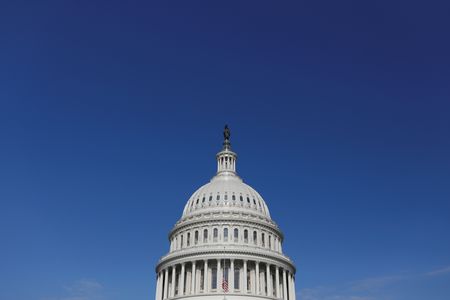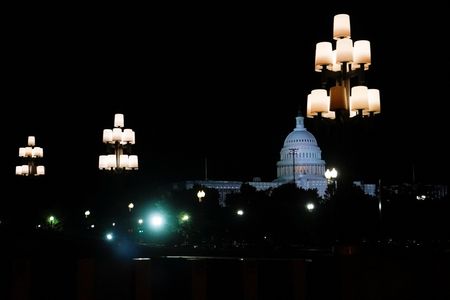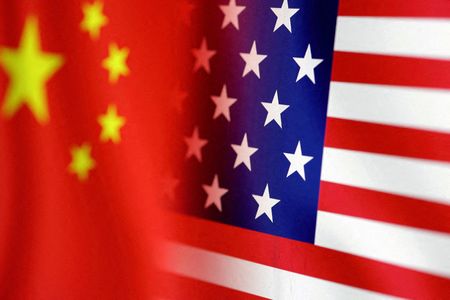BEIJING (Reuters) -China on Monday accused Taiwanese President Lai Ching-te of “heresy”, hostility and provocation, after a speech in which he said the island is “of course” a country and there is historical evidence and legal proof to back this up.
Beijing says democratically-governed Taiwan is “sacred” Chinese territory that has belonged to China since ancient times, and that the island is one of its provinces with no right to be called a state.
Lai and his government strongly reject that view, and have offered talks with China multiple times but have been rejected. China calls Lai a separatist.
China’s Taiwan Affairs Office, responding to Lai’s Sunday evening speech, said he had intentionally distorted history to promote his Taiwan independence agenda and that the island has never been a country.
“It was a ‘Taiwan independence’ declaration that blatantly incited cross-strait confrontation, and a hodgepodge of ‘Taiwan independence’ fallacies and heresies full of errors and omissions,” it said in a statement.
“The fallacies fabricated by Lai Ching-te in contravention of history, reality and jurisprudence will only be swept into the rubbish heap of history.”
Lai has repeatedly said that only Taiwan’s people can decide their future, and that, as the People’s Republic of China has never ruled the island, it has no right to claim it or speak on its behalf.
In 1949, the Republic of China government fled to Taiwan after losing a civil war with Mao Zedong’s communists, and that remains the island’s formal name.
Taiwan has over the past five years faced stepped-up military and political pressure from China, including war games.
(Reporting by Beijing newsroom; writing by Ben Blanchard; editing by Mark Heinrich)





